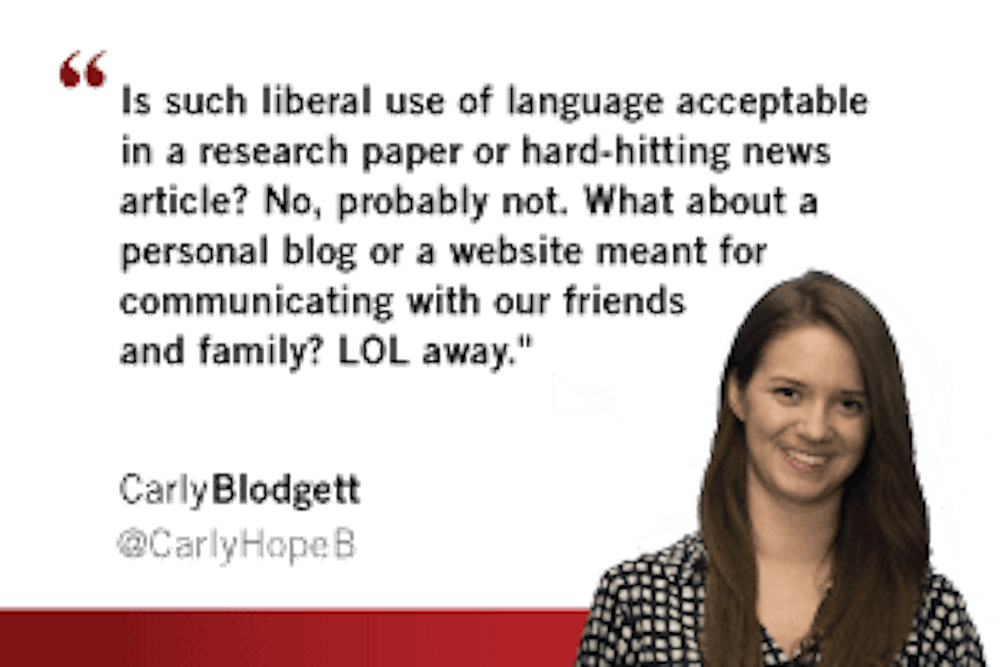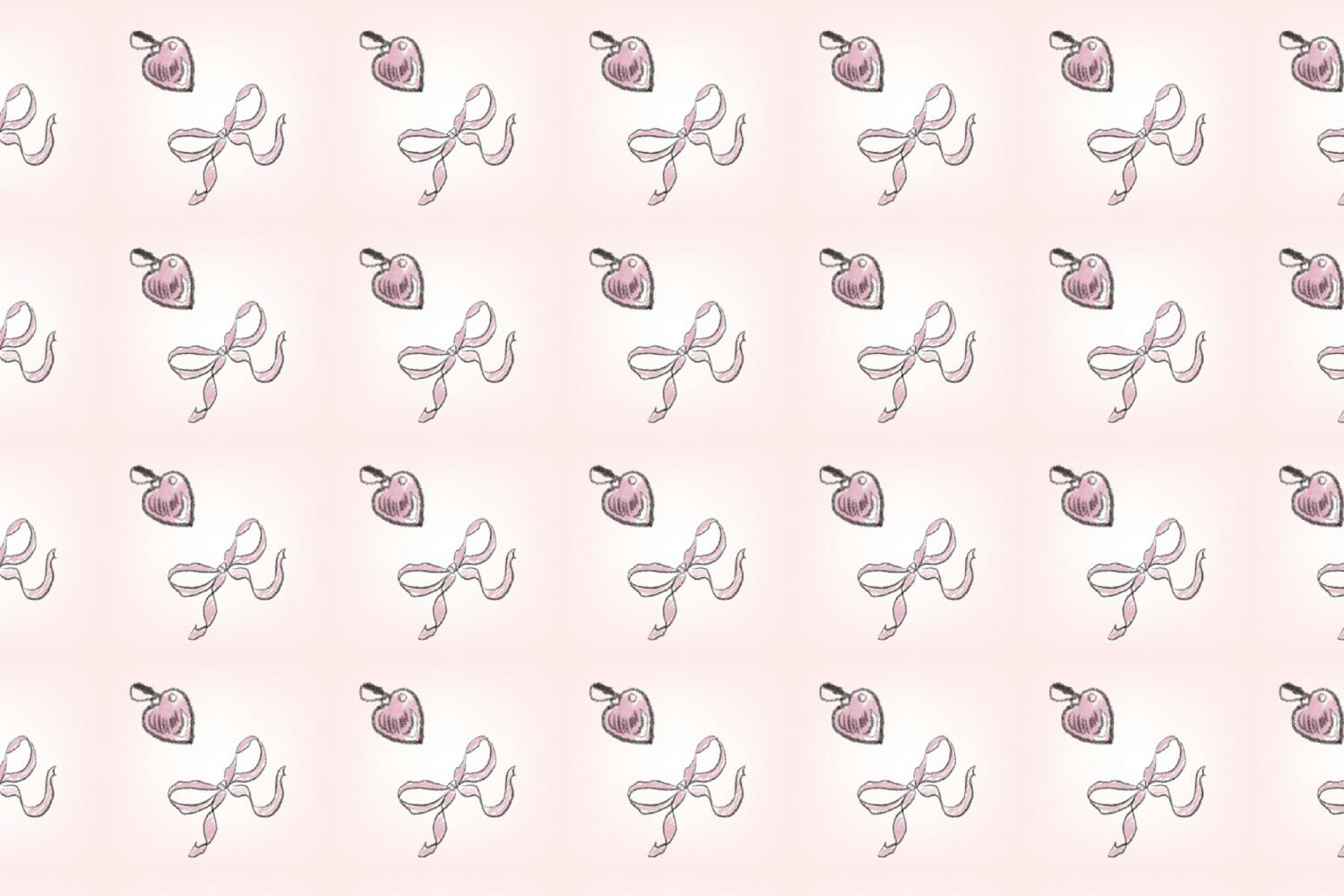Every week, the editorial board sits together in the editor-in-chief’s office and pitches “boos” or “bravos” for local, national and international news items that happened the previous week. As we wrap up, the editor-in-chief assigns each of us a boo or bravo to write.
Last semester, I happened to be running late to one such editorial meeting because I was coming from an internship out at South Mountain High School in Phoenix — I plan to teach English after I graduate — and when I arrived in the newsroom, the opinion editor came to give me a special boo that the editorial board, in my absence, agreed I would want to write.
“We want to boo the AP for making ‘more than’ and ‘over’ interchangeable in the stylebook,” he said.
The change was news to me, and I found it a surprising one. “More than” is specifically used when referring to a quantity, while “over” is used in spatial relationships. I think my response, however, caught him off guard.
“Why would we boo that?” I asked.
I don’t think many people would have expected the editorial board’s copy chief — the person responsible for fixing style inconsistencies and less-than-stellar grammar in stories before they’re published — to show indifference to such a controversial grammar-related style change.
“I don’t think it’s that big of a deal,” I added with a shrug.
We didn’t end up booing the AP’s decision.
I love language. I wouldn’t be working for The State Press if I didn’t love working with words, nor would I be working toward a degree in English education if I didn’t want to share my passion for it with students. One of my favorite aspects of language, however, is that it is always changing.
Pick up a copy of “Beowulf,” and you will find the English we use now is not the same English we used more than a thousand years ago. Definitions evolve; spellings change; grammatical standards and structures become obsolete. In fact, to say we are “users” of language is a misnomer. We are creators; after all, “gossip” and “luggage” weren’t words until Shakespeare made them up. Language belongs to us, and we adapt it to our needs.
Today, the way we write, the way we speak and the way we communicate is doing what it has always done: change. Where is this change happening? The Internet.
Social media has catalyzed the evolution of language, and it has empowered us as creators. Who doesn’t know what the terms “LOL,” “JK,” “OMG,” and “TBH” mean, even though they weren’t in common practice 20 years ago? “Like” can be used as a noun. “Tweeting” is no longer something only birds do. Want to know what the 2013 Word of the Year was? Google it: The American Dialect Society voted it as “because,” because change.
Some, including my co-worker who recently wrote a column on this very subject, believe that the use of "LOL" and "JK" as well as “sentence fragments, improper grammar and the misspelling of simple words” on our social media profiles are “sending English into a steady decline,” that somehow these alleged crimes against the language are childish and a poor reflection on users’ intelligence. I don’t.
When I don’t capitalize my sentences, forgo punctuation or use “b” instead of “be,” it doesn’t mean I’m not smart or that I don’t have an ability to articulate myself. I’m fully cognizant of what I’m doing, and so are many other Internet users. There are nuanced meanings that can be conveyed when everything is in ALL CAPS or when I use “2” instead of “to” or when I write a long run-on sentence that leaves its reader breathless, just like I would have been had I said it aloud.
Context matters, too. Is such liberal use of language acceptable in a research paper or hard-hitting news article? No, probably not. What about a personal blog or a website meant for communicating with our friends and family? LOL away.
Truth be told, I do prefer using “more than” as opposed to “over” when it comes to situations involving quantity. In fact, only a couple days ago, I changed a part of a sentence in an article I was editing from “over” to “more than.” But it’s nothing more than that: preference. If someone on my Facebook feed updates their status with, “I just scored over 9,000 points on Flappy Bird!”, I’m not going to cringe at the prescriptively incorrect usage, because I understand exactly what he or she means. The status achieves what it needs to achieve; it accomplishes what the very purpose of language is: to communicate understanding.
Language is changing. It’s not going to stop changing. Even the meanings of "LOL" and "JK" are beginning to change. More and more often, I’m seeing them be used in an ironic or sarcastic manner, and I would know, because I use them that way, too. Changes in language are not something we need to fear, and we don’t need to condescend to people who use language differently than us. Instead, we should embrace the changes in the ways we write and speak; they are ours to control.
Reach the copy chief at cblodget@asu.edu or follow her on Twitter @CarlyHopeB
Editor’s note: The opinions presented in this column are the author’s and do not imply any endorsement from The State Press or its editors.
Want to join the conversation? Send an email to opiniondesk.statepress@gmail.com. Keep letters under 300 words and be sure to include your university affiliation. Anonymity will not be granted.





